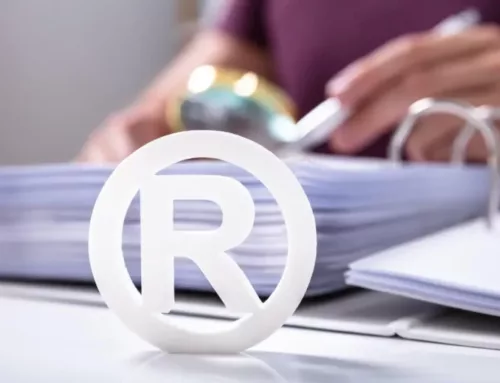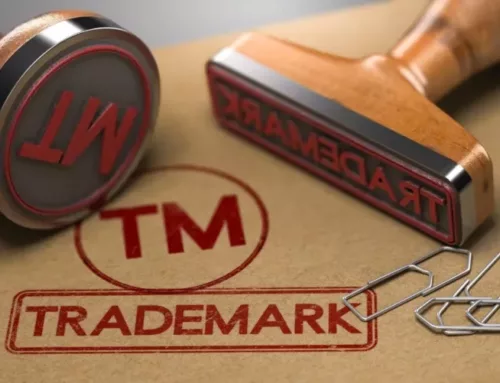According to the International Trade Administration, intellectual property (IP) is any unique creation one can come up with, including inventions, artwork, symbols, images, commerce logos, or literary works. IP is incredibly valuable, and where businesses are concerned, IP is an intangible, precious asset that must be safeguarded. IP can be part of a successful business plan and an approach to being a top competitor in a particular market or industry. If you own a business, you may have a variety of different individuals in various capacities working for you and helping support your operations. Freelancers are one example of workers who are paid for the services or goods that they provide to a business but who are not direct employees of that business. If your company works with freelancers, then a fair question to ask is how can you protect your intellectual property rights when working with one of these individuals. For answers to questions about IP and for assistance protecting it, consider calling a Washington, D.C., intellectual property attorney with War IP Law PLLC at (202) 800-3754.
What Are Freelancers?
Freelancers are people who are paid for the products or services that they offer to others. They have the flexibility to determine the jobs they take and their workload. They are paid on a per-job basis and, as a result, they can work for multiple different paying entities at one time rather than being employed by any single firm.
Because freelancers are not employees, they typically will not reap the benefits that companies sometimes offer their employees. Examples of these benefits include medical insurance, paid time off, and retirement plans.
Using a Sound Contract To Protect IP
The content that freelancers in some industries may create for their clients and the trade secrets some businesses rely on that might be exposed to a freelancer while they are providing their services are both components that make it imperative to understand what protections must be in place to safeguard such important information. A contract that is clearly written and explicitly establishes the relationship that will exist between a business and a freelancer is essential. In such a contract, the exact terms of protection for intellectual property rights should be outlined.
A content creation contract should also address how the rights to content that is created by a freelancer will be transferred to a business. This is essential, because without this provision, the freelancer will likely be considered an original author and, as such, be recognized as the rightful owner of the content. If this happens, then a business may lose control and dominion over the content created. As a result, the content that a business pays a freelancer for could be distributed outside of the enterprise’s control.
Provisions to Include in a Contract With a Freelancer
How can you protect your intellectual property rights through a contract? Many facets should be addressed in a contract with a freelancer because a contract can, and must, cover a company’s rights to new IP while also shielding the proprietary information the business may already have that could be exposed to a freelancer. Some of these facets include the following:
Non-Disclosure Clause
This contractual provision prohibits a freelancer from divulging any information outlined in this section of a contract to a third party. In this area of the contract, being specific is necessary. Both the criteria for identifying privileged information that may not be shared outside the scope of the contract and any disclosure concerns related to the freelancer’s own work for the company should be carefully outlined and reviewed by all parties.
Retained Rights to Created Content
A clause must be written indicating that the business will retain the rights to any content or information originally owned or created by the business that the freelancer may use in the course of their work.
Rights to Original Content Created by a Freelancer
Many complexities exist within United States Copyright Law that can make it challenging for a business to assume the rights to original content created by a freelancer. This means that within a contract, certain requirements must be met for a business to become the lawful owner of a freelancer’s original work. Where these particular requirements are not met, then, it will be necessary to have a clause written where a freelancer signs off on the rights transfer of their content to the business. Here, not only should a freelancer sign the agreement, but the business should sign it as well.
Because of the critical nature of protecting IP, meeting with an attorney who specializes in IP law may be helpful. For assistance with IP protection and questions, consider reaching out to a Washington, D.C., IP law attorney at War IP Law PLLC.
Potential Consequences of Failing To Protect IP
A business’s IP can be an invaluable asset that is part of the foundation of what makes the business unparalleled in its industry and that also adds to the business’s overall success. The reality is that IP is always vulnerable to being copied or made public if it is not properly safeguarded.
When working with a freelancer, best practice is always for a business to have a sound contract agreed upon and signed before any working relationship ensues. That contract must have specific points detailed, such as intellectual property ownership, confidentiality, and retention of rights. Without these measures in place, disagreements can arise that have the potential to impair a business’s operations and affect productivity and profitability — two things no business wants to see happen. Costly and time-consuming lawsuits may also come about when a business has not taken proactive action toward having a robust contract written and signed between the business and a freelancer.
Speak With an IP Law Attorney Today
How can you protect your intellectual property rights when working with a freelancer? This question should be top of mind when employing freelance workers. With a good contract in place, it is possible to safeguard proprietary information as well as obtain ownership of the rights to new content that a freelance worker creates. For help with the protection of your business’s IP, schedule a free initial consultation with an IP law attorney at War IP Law PLLC by calling (202) 800-3754 today.






